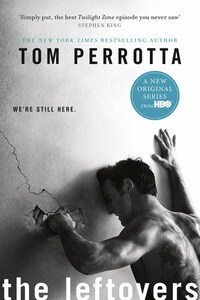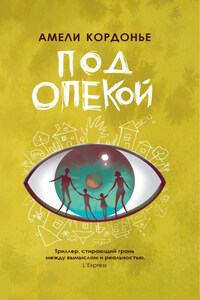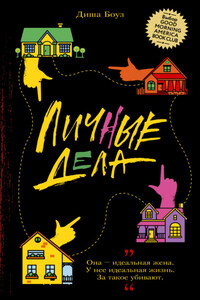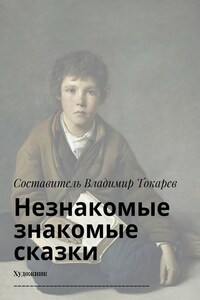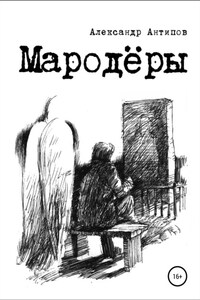My mother was a den mother, but she wasn't fanatical about it. Unlike Mrs. Kerner—the scoutmaster's wife and leader of our rival den—she didn't own an official uniform, nor did she attempt to educate us in the finer points of scouting, stuff like knot-tying, fire-building, and secret handshakes. She considered herself a glorified babysitter and pretty much let us do as we pleased at our meetings, just as long as we amused ourselves and kept out of her hair.
We had a den meeting the day the Wonderful Wiener Man came to town in his Frankmobile. When we expressed a unanimous desire to go down to Stop & Shop to meet him, my mother said it was fine with her, especially since she had some shopping to do anyway.
Before we left I ran upstairs and got my autograph book. My collection of signatures was getting to be impressive. Most of them came from obscure baseball players to whom I'd written fan letters, but a handful were from TV personalities who had recently visited Stop & Shop to promote their products. In the few months since the mini-mall's grand opening, I had met the Pillsbury Doughboy, Mr. Clean, Cap'n Crunch, and Chef Boy-R-Dee. I found it exciting to meet these characters in real life, just a few blocks from home. They were friendly, too. Baseball players at the stadium sometimes looked hurt or angry when you asked them to sign your scorecard, but the TV personalities were always delighted to chat, give autographs, and hand out free samples. I especially liked Mr. Clean, who had let me squeeze his biceps and rub his shiny head.
I expected good things from the Wiener Man. He was driving his Frankmobile to supermarkets all across America “to spread the wonderful word about Wonderful Wieners,” a new brand of hot dog. In the past few days there had been a blitz of radio commercials publicizing his visit to our town. The commercials promised free food and lots of fun surprises.
It was a warm October day in 1969. We marched in double file to the mini-mall, our feet crunching down on the red and yellow leaves carpeting the sidewalk. My mother led the way. Her partner was Harold “the Dork” Daggett, the newest member of our den. Harold had only been with us a few weeks. He had just switched to public school from St. Agnes, and Mrs. Kerner had used that as an excuse to kick him out of the Catholic school den, where no one liked him anyway, and dump him on us. When we heard about the transfer we presented my mother with a petition saying Harold was a jerk and we didn't want him. My mother ripped the petition into confetti; Harold joined us the following week. We got our revenge by ignoring him when she was around and ganging up on him when she wasn't. She got her revenge, at least on me, by becoming good friends with him. She claimed that he was the smartest boy she'd ever met.
My partner was the den freak, Allen Falco. Allen had hair down to his shoulders and refused to wear the regulation cub scout uniform—he wore the shirt but substituted bell-bottom dungarees for the crisp blue trousers and tied the neckerchief around his head in an attempt to look like Jimi Hendrix. We were the last pair in line. I kept my eye on my mother as we walked. She kept smiling and touching Harold's shoulder. I heard her say, “That's fascinating, Harold.”
Then Allen dropped a bombshell: a few nights ago, he said, when his Dad was out, he had seen his brother's girlfriend with her shirt off. Allen's brother was a hippie. He looked like Jesus and wore an army coat with a peace sign on the back. His girlfriend looked just like he did, minus the beard. Allen said that he got out of bed for a drink of water and she was just sitting there on the couch, watching TV with her tits hanging out. Allen was a good friend of mine, but I often had the feeling that our lives took place on different planets.
“So what happened?” I whispered.
“Nothing,” he said. “I got a drink of water.”
I walked straight into Billy Turcott, who bumped into Gary Zaleski in a chain reaction. My mother called a halt to our march.
“Harold has something he wants to share with us,” she announced.
Harold stood beside her looking worried, his pudgy body stiff at attention. He wore thick glasses, and the left side of his shirt was decorated with merit badges and little gold stars. He had a squeaky voice.
“Even though we often think of hot dogs as an American food, they were actually invented way back in the Middle Ages in Frankfurt, West Germany. That's why we sometimes call them frankfurters. Another popular American food, the hamburger, is named for the German city of Hamburg.”



